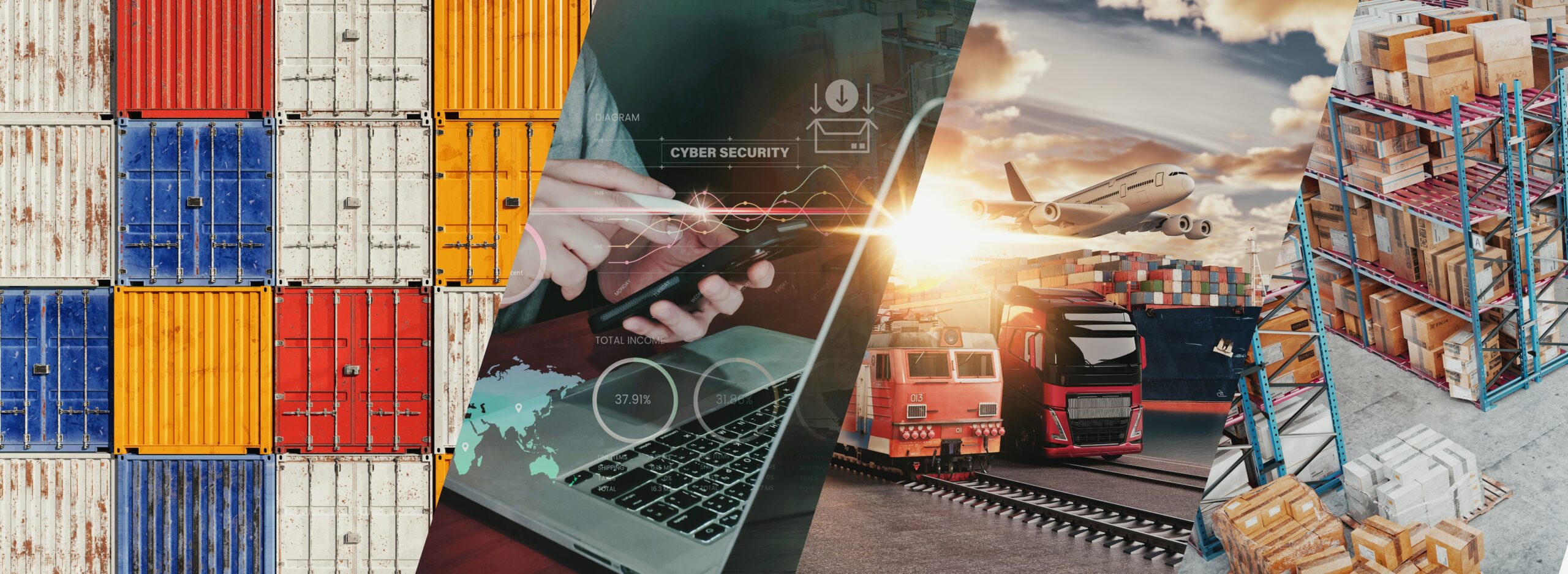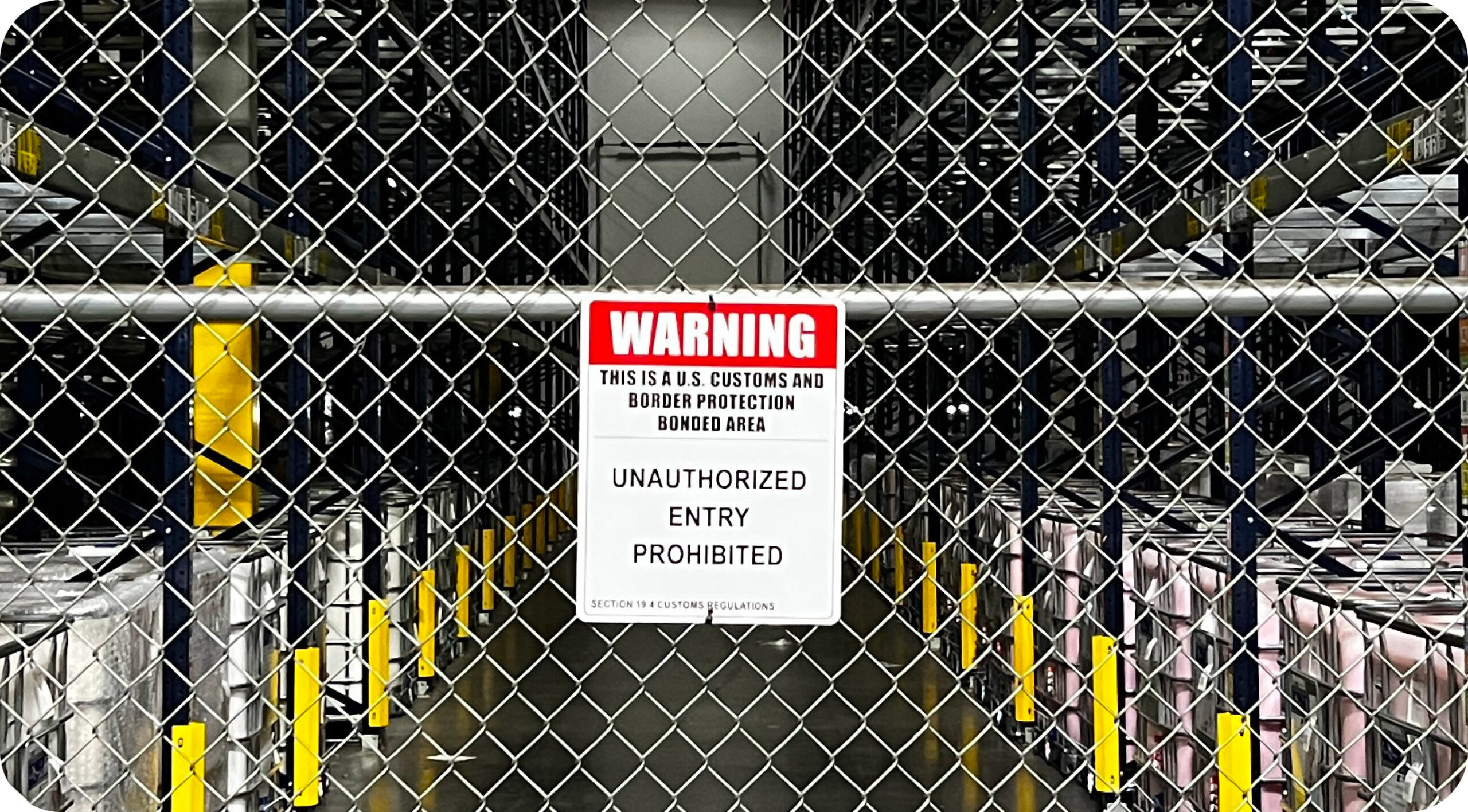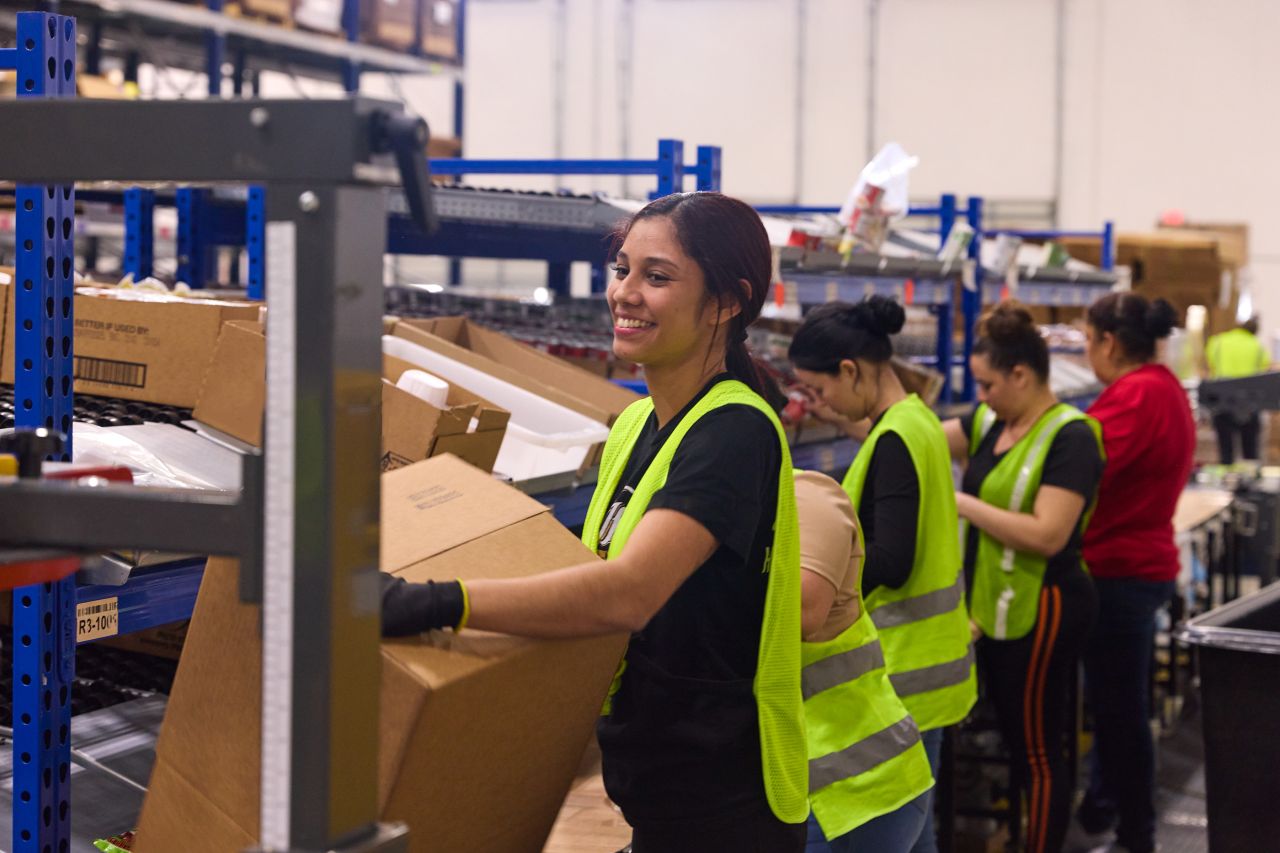
In today’s market, businesses of all sizes face intense pressure to deliver faster, operate more efficiently, and maintain high quality. Rising customer expectations, complex supply networks, and limited internal bandwidth are the new normal. That’s where the right logistics partner comes in, not just as a vendor, but as a strategic ally equipped with infrastructure, expertise, and smart systems to transform your operations.
By partnering with a trusted logistics company, you can reclaim time, reduce costs, and gain the flexibility to focus on what matters most: growing your business.
Save Valuable Time with Smarter Transportation Management
One of the biggest advantages of working with a full-service logistics partner is the time you get back. Transportation requires careful planning, ongoing coordination, and constant monitoring. Outsourcing to an experienced partner takes that off your plate through:
 Centralized Transportation Management:
Centralized Transportation Management:
Instead of juggling multiple carriers and manual tracking, a logistics partner uses advanced Transportation Management Systems (TMS) to optimize routes, loads, and carrier selection in real time.
 Faster Carrier Sourcing:
Faster Carrier Sourcing:
With established networks of vetted carriers, your shipments are assigned quickly; no endless calls to brokers or back-and-forth negotiations.
 Reduced Administrative Work:
Reduced Administrative Work:
Billing disputes, freight audits, claims, and performance tracking are handled for you. Your team spends less time on paperwork and more time on strategic work.
 Streamlined Communication:
Streamlined Communication:
A single, centralized contact replaces scattered calls and email chains, giving you clear visibility and faster updates across the board.
Reduce Costs and Boost Efficiency
Transportation is often the single largest cost in a company’s supply chain, but it’s also where the biggest savings can be found. A strong logistics partner helps cut costs through:
 Volume-Based Discounts:
Volume-Based Discounts:
By moving large volumes for multiple customers, logistics partners secure better rates than individual businesses can on their own.
 Route and Load Optimization:
Route and Load Optimization:
Advanced TMS tools reduce deadhead miles, consolidate shipments, and lower fuel use, translating to lower transportation costs.
 Freight Audit and Invoice Management:
Freight Audit and Invoice Management:
Careful review of invoices eliminates overcharges and duplicate fees that often slip through.
 Reduced Capital Investment:
Reduced Capital Investment:
Outsourcing transportation eliminates the need to own trucks, hire drivers, or manage fuel and maintenance programs; freeing capital for growth and innovation.
 Fewer Penalties and Delays:
Fewer Penalties and Delays:
With experienced teams and established networks, a logistics partner helps you avoid costly delays, regulatory missteps, and missed deadlines.
Free Up Your Team to Focus on What Matters
Cost and time savings are only part of the picture. By outsourcing logistics, you give your team the bandwidth to focus on core business priorities:
 Refocus on Strategy and Service:
Refocus on Strategy and Service:
Operations and sales teams can spend their time on strategic planning, innovation, and customer experience instead of freight coordination.
 Access Expertise Without Hiring:
Access Expertise Without Hiring:
Logistics partners bring seasoned supply chain professionals who know carrier networks, seasonal challenges, and regulatory requirements; without lengthy onboarding or extra headcount.
 Make Smarter Decisions with Better Data:
Make Smarter Decisions with Better Data:
Leading providers deliver detailed reporting and KPIs, from delivery timelines to carbon footprint tracking, giving you clear insights to guide future strategy.
Gain a Technology Advantage
Modern logistics runs on powerful technology. A strong partner integrates seamlessly with your existing systems, providing:
- Real-time shipment tracking
- Predictive ETA alerts
- Carrier performance metrics
- Freight cost forecasting
- Dashboards for end-to-end visibility
This level of transparency lets you manage proactively while your partner handles execution.
Scale With Confidence
Shipping needs aren’t static. Seasonal peaks, growth spurts, or unexpected disruptions can strain internal resources. A reliable logistics partner gives you scalability and flexibility; expanding capacity during busy periods or supporting new market launches without forcing you to hire, train, or invest in new infrastructure.
What to Look for in the Right Partner
Not all logistics companies deliver the same value. Choosing the right partner can make the difference between reactive problem-solving and smooth, scalable growth. Key traits to look for include:
- A proven track record with experience in your industry
- A comprehensive carrier network across modes (LTL, FTL, rail, air, intermodal)
- Robust technology that integrates with your ERP, WMS, or eCommerce systems
- Flexibility and scalability to adapt to changing needs
- Transparent pricing and clear service agreements
- Dedicated support from knowledgeable account managers
- Compliance and certifications relevant to your industry
- Sustainability initiatives that align with your ESG goals
Final Thoughts
Transportation doesn’t need to be the most chaotic part of your business. With the right logistics partner, it can become a strategic advantage, saving you time and money while bringing clarity to complex operations. When you let experts handle the complexities of transportation, your team can focus on what they do best: serving customers and building your brand.
Ready to Move Your Business Forward?
Partner with McLane Global for your one-stop transportation solution. We’re an established, efficient, tech-enabled logistics solution provider designed for businesses that want more control, visibility, and results. Let’s simplify your transportation strategy and help your business grow faster.
FAQ
Frequently Asked Questions
Freight broker links the shippers and carriers but have no hand in the shipment other than assigning it. Instead, a 3PL logistics provider is expected to provide end-to-end logistics solutions, i.e., to make route planning, choose carriers, track the inventory, and process returns.
Yes. Many 3PL logistics partners provide full-service international shipping, which involves freight forwarding, customs brokerage, documentation, and duties. They are acquainted with the rules of compliance in various countries.
The savings are based on the amount and services, though most businesses save a particular percentage in their logistics budget: 15% and up to 30% as a result of optimized routes on a certain number of shipments, volume discounts, lower overhead, and minimal delivery problems.
Absolutely. An excellent logistics company provides end-to-end visibility in the form of a dashboard that tracks real-time activity. You will be aware of where your merchandise is, what is on the move, and when deliveries are made, all this without micromanaging.
It may be 4 to 12 weeks, and it will depend on the complexity of your operations. These are data integration, onboarding, carrier setup, and system testing. An efficient transition setup will rely on an effective onboarding plan.
The logistics provider is meant to be scalable. They have the infrastructure and resources to accommodate demand spikes, whether it's during holiday seasons, product launches, or unexpected growth spurts.
Yes. The majority of full-service logistics companies also provide reverse logistics, including product returns, replenishing, refurbishing, or recycling, as per your policy requirement. This is crucial in customer satisfaction and cost recovery.
Not a bit. Many new and medium-sized companies choose 3PL to access resources and expertise otherwise unavailable because of financial constraints. 3PL allows small firms to grow quicker without having to invest heavily.
Check on service level agreements (SLAs), pricing models, termination rules, information ownership, and KPIs. A transparent agreement makes it easy to clarify expectations and hold people accountable.
The majority of contemporary 3PL logistics companies provide smooth integration with websites such as Shopify, WooCommerce, BigCommerce, NetSuite, SAP, and Oracle. This enables the automatic synchronization of orders, inventory, and tracking data.
At least it enhances it. Quicker deliveries, reduced mistakes in delivering the wrong goods, a constant track record, and optimal return management would improve the customer experience when correctly done with a reliable 3PL logistics supplier.
E-commerce, retail, food and beverage, electronics, automotive, consumer goods, and healthcare companies benefit the most from logistics, as their service needs often involve high volume, strict compliance, or tight delivery timelines.
What Is the Difference
What if you could save millions on duties just by choosing the right logistics strategy? With externally found...
Read a full articleWhat are Fulfillment Services,
Ever wonder how products move seamlessly across borders and arrive in bulk to retailers, distributors, or foodservice operators...
Read a full articleHow the Role of
In today’s market, businesses of all sizes face intense pressure to deliver faster, operate more efficiently, and maintain...
Read a full article


